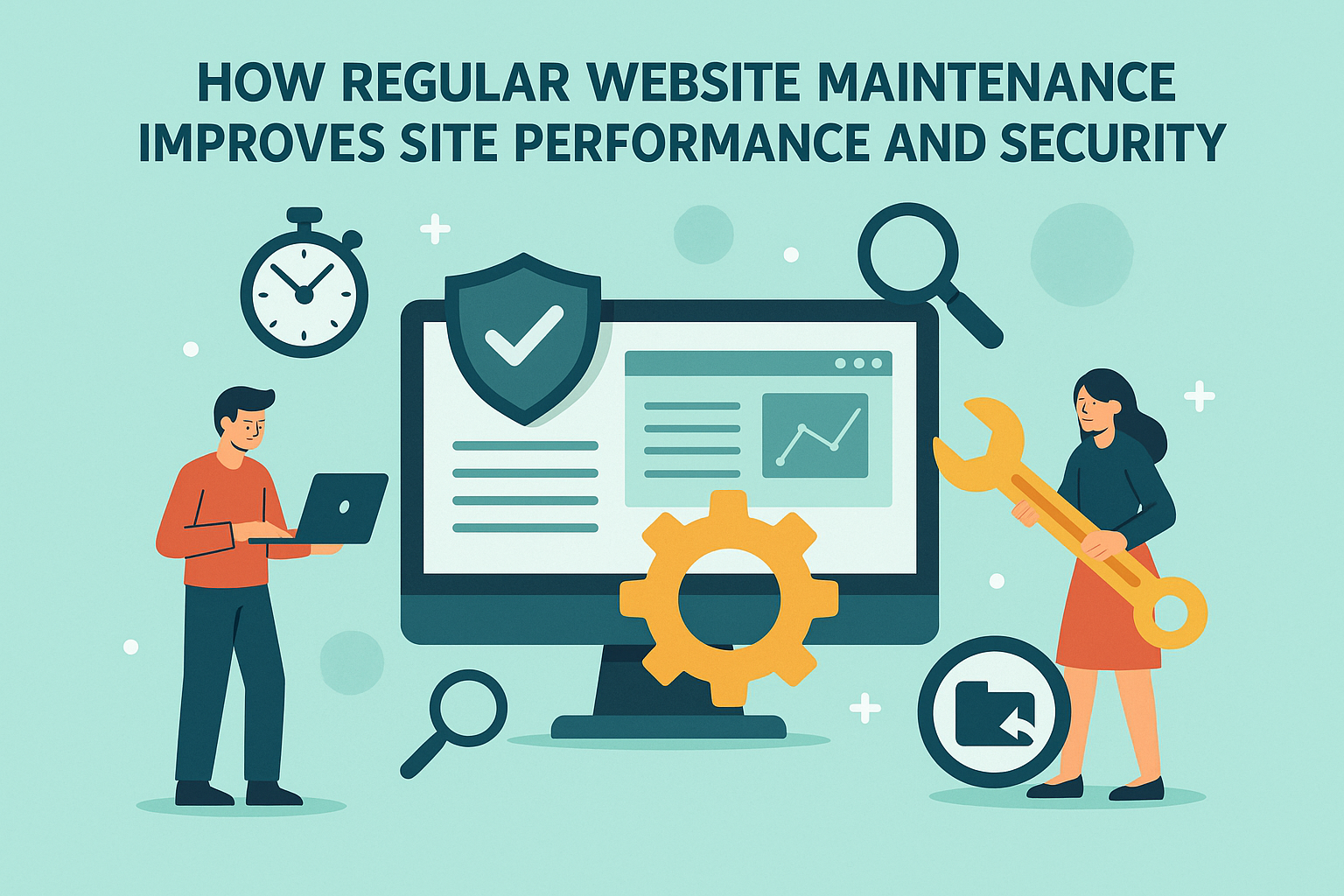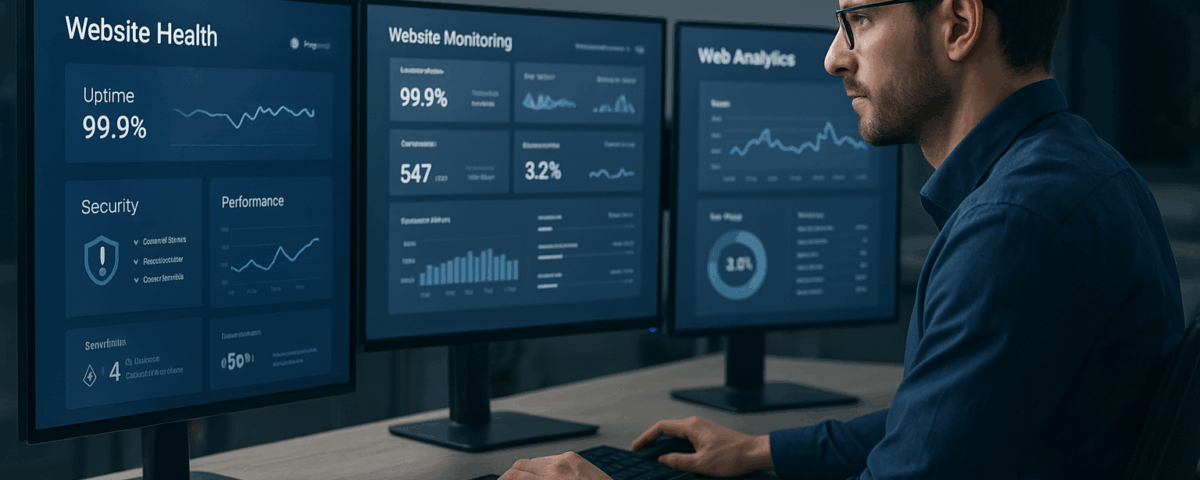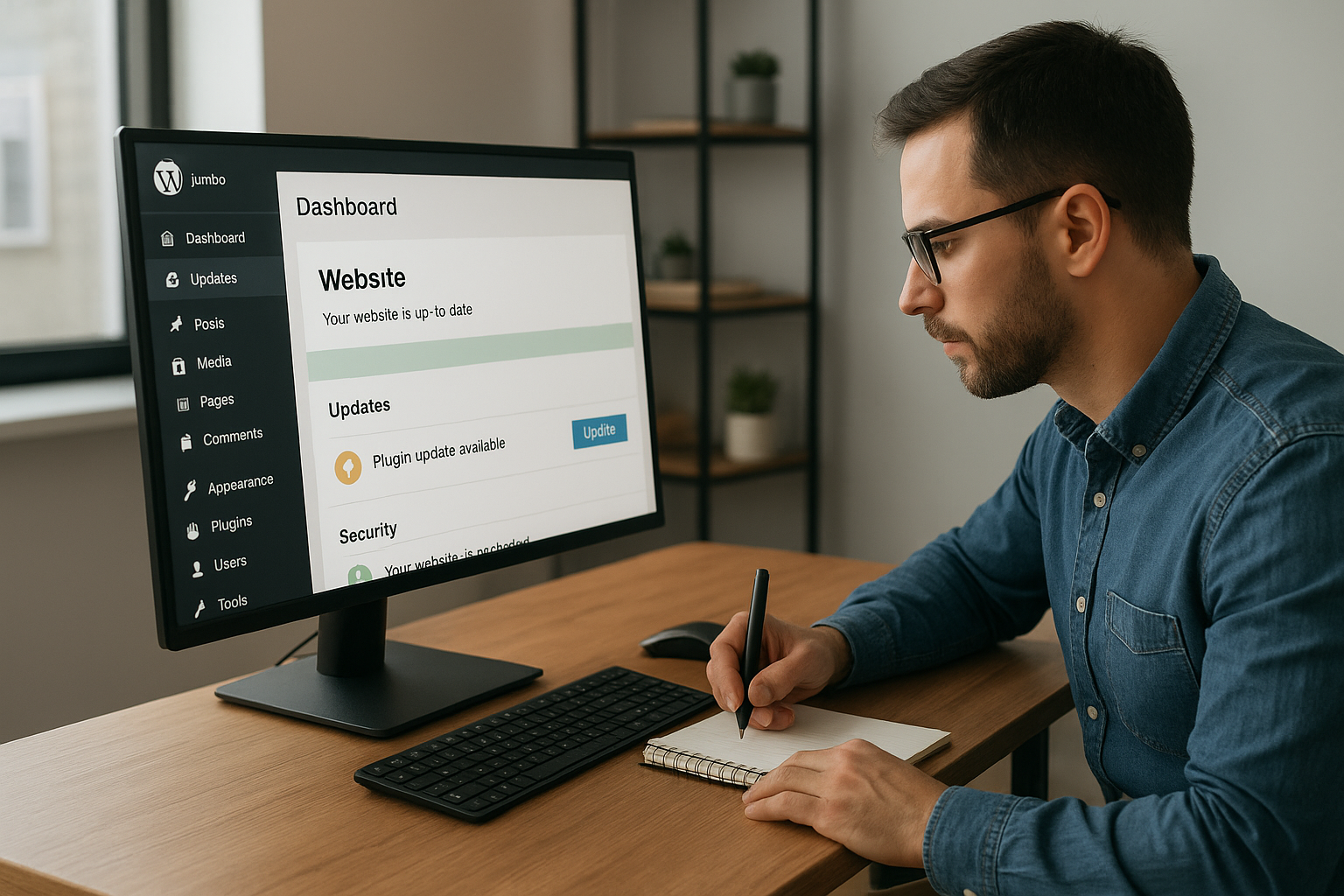
The Importance of Regular Security Audits for Website Maintenance

How Regular Website Maintenance Improves Site Performance and Security
Essential Website Maintenance Practices for Peak Performance
Website maintenance is one of the most critical aspects of running a successful online business. Whether you have a simple company website or a large e-commerce platform, regular maintenance ensures that your website stays fast, secure, and fully functional. Ignoring it can lead to poor performance, broken features, and potential security risks that could harm your brand reputation and user trust.
1. Keeping Your Website Updated
One of the simplest yet most effective maintenance practices is keeping your website’s software up to date. This includes your content management system (CMS), plugins, and themes. Regular updates not only introduce new features but also patch security vulnerabilities. Outdated software is one of the leading causes of website hacks and malware infections.
2. Regular Backups Are a Must
Imagine losing all your website data overnight due to a server crash or a cyberattack. Regular backups ensure that you can quickly restore your website to a previous version. It’s recommended to schedule both automatic and manual backups on a weekly or daily basis, depending on your website’s size and update frequency.
3. Monitoring Website Uptime and Performance
Downtime can lead to lost visitors and reduced revenue. Using website monitoring tools such as UptimeRobot or Pingdom helps you track uptime and performance in real time. These tools notify you if your website goes down or experiences unusual slowdowns, allowing you to take immediate action before users notice any issues.
4. Checking for Broken Links
Broken links create a poor user experience and can negatively affect your search engine rankings. Use tools like Screaming Frog or Broken Link Checker to regularly scan your website and fix any dead links. This ensures visitors have a smooth browsing experience and can access all your content without frustration.
5. Security Scans and Malware Protection
Cybersecurity is a vital part of website maintenance. Perform regular malware scans and ensure that your website uses HTTPS encryption. Implement firewalls, use strong passwords, and restrict user access based on roles. Installing security plugins such as Wordfence or iThemes Security can help prevent common threats.
6. Optimizing Speed and Database
Over time, your website database accumulates unnecessary data such as old revisions, spam comments, and temporary cache files. Cleaning up these regularly can significantly improve site speed. Using caching solutions and CDNs (Content Delivery Networks) like Cloudflare helps deliver faster load times for global users, which enhances both SEO and user satisfaction.
7. Reviewing and Refreshing Content
Website content can quickly become outdated. Regularly reviewing and updating your text, images, and product information ensures your site stays relevant and accurate. Updated content also signals to search engines that your website is active and trustworthy, which can boost your organic rankings.
8. Tracking Analytics and User Behavior
Use analytics tools like Google Analytics or Matomo to monitor user activity, traffic patterns, and conversion rates. Reviewing analytics data helps identify areas that need improvement—whether it’s loading times, navigation issues, or underperforming pages. This insight allows you to continuously enhance your site for better user engagement.
9. Accessibility and Compatibility Checks
Ensure your website is accessible to everyone, including users with disabilities. Regularly check for compatibility across browsers and devices to maintain a seamless experience for all visitors. Accessibility improvements not only help users but also improve SEO rankings and user trust.
Conclusion
Website maintenance is an ongoing process that keeps your site secure, fast, and user-friendly. By regularly updating, monitoring, and optimizing your website, you ensure a better experience for visitors and maintain strong performance in search engine results. A well-maintained website reflects professionalism, reliability, and dedication to quality—key elements for any successful online presence.







